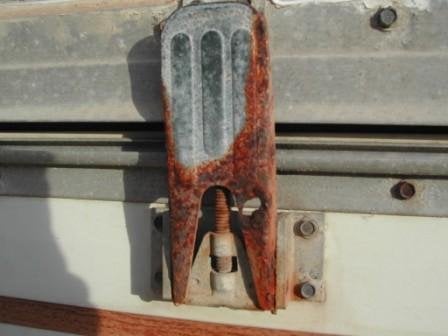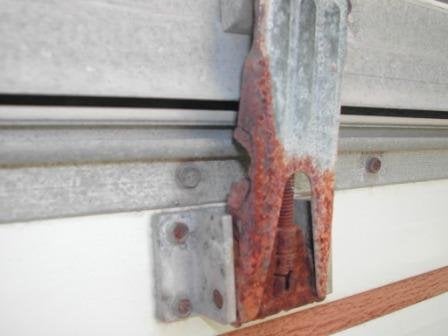5 Speed
Advanced Member
- Joined
- Apr 4, 2007
- Messages
- 78
I have quite a few of the external screws that I believe use the ¼ inch socket to attach the external material edges that have started to show rust through the white paint? Does anyone know if there is a stainless steel solution to this or will it cause a problem with the aluminum setting up a reaction? I would really like to replace quite a few of them before they rust into place so if anyone knows a bulk solution it would be great.


